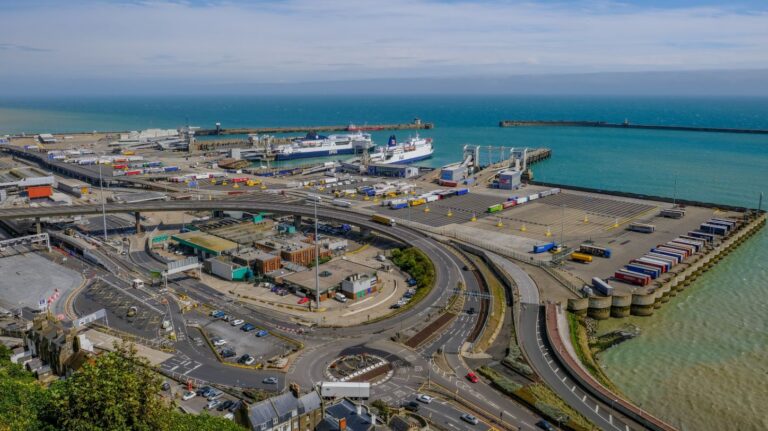In January 2025, an inquiry was launched into animal and plant health by the Environment, Food and Rural Affairs Committee (EFRA) – the Commons select committee that scrutinises the administration, spending and policy of the Department for Environment, Food and Rural Affairs (Defra).
One of the focuses of the inquiry is biosecurity at the UK’s international border and the implementation of the Border Target Operating Model (BTOM). On 4 February, MPs heard evidence from three witnesses as it examined ‘how effectively controls on personal and commercial imports are protecting the UK’s animal and plant biosecurity, food hygiene and public health’.
Giving evidence were: Helen Buckingham, chartered environmental health practitioner and regulatory consultant at OneResolution; Lucy Manzano, head of port health and public protection at Dover Port Health Authority (DPHA); and David Smith, South East regional director at Border Force.
This inquiry comes at a time of ‘unprecedented seizures’ of illegal meat by DPHA at the Dover border. In January 2025 alone, DPHA claims that it seized 25 tonnes of illegal meat – which it says is triple the amount seized in January 2024.
In December 2024, Tom Haynes, senior policy adviser at the National Pig Association, warned: “We are extremely concerned that vulnerabilities in the BTOM are now being exploited by criminal importers, with increasing quantities of illegal meat now entering the UK through the commercial route, in addition to the personal imports route.”
“This is the single biggest issue for the pig sector and we will keep the pressure up,” Haynes added.
During the EFRA inquiry evidence session on 4 February 2025, OneResolution’s Buckingham outlined the importance of cracking down on the exploitation of personal import loopholes to protect public health and prevent the outbreak of diseases such as African swine fever and foot and mouth disease, which can be spread through livestock.
“We have to protect our biosecurity via the official channels, and via the personal ones, to keep all of these things out,” she said.
DPHA’s Manzano added: “The implementation of the BTOM is contributory, from what we’re seeing at the front line, to these escalating numbers of illegal meat that are presenting, and that we’re looking at in an environment that is entirely inappropriate in terms of containment of the risk.”
Manzano was critical of the current system, saying: “Defra have continually stated that there are robust controls in place. There are not. They don’t exist.”
Currently, only 20% operational coverage is provided by DPHA at Dover due to financial constraints. Manzano told the committee that several funding models ranging from 50% to 100% operational coverage have been provided by DPHA to Defra, but “no substantive response” had been given.
She explained that if funding is not secured in the next seven weeks, checks will stop because because “the local authorities are not in a position to fund them”. She added: “In the first two days of February, the DPHA team have already removed almost four tonnes [of illegal meat] – in two days.
“If we’re not there, this stuff is going out on the shelves. This is not stuff where, traditionally, it would be hard to get hold of – this meat is appearing in shops on high streets and in markets. You may well be going out for dinner in normal-looking establishments and be consuming meat that has not been correctly processed.”







